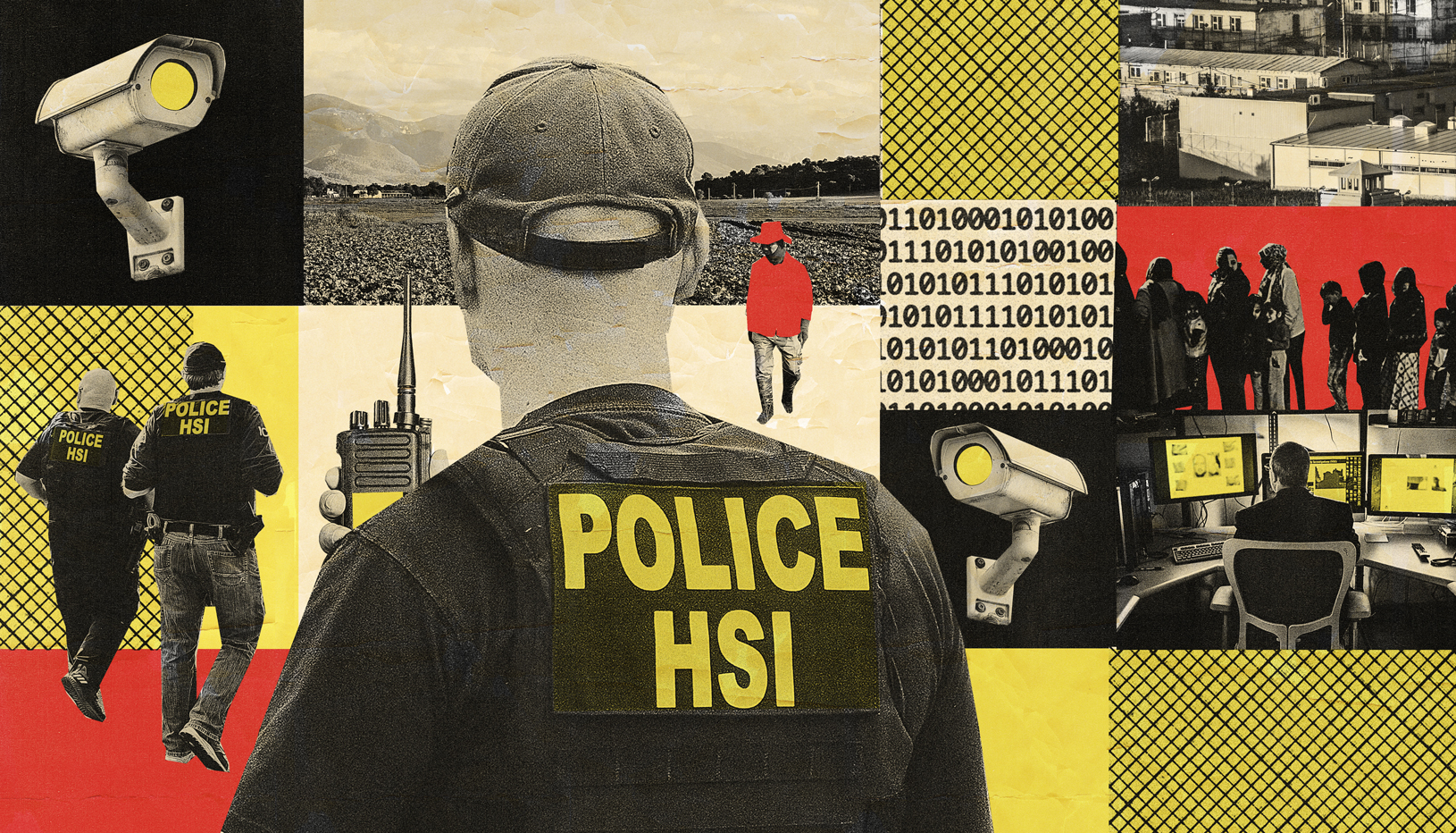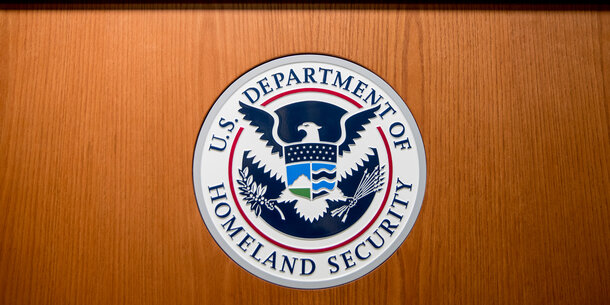A new, multi-year Brennan Center study shows an urgent need for the Biden administration and Congress to rein in a powerful but rarely questioned law enforcement agency: Homeland Security Investigations, or HSI.
It’s a branch of U.S. Immigration and Customs Enforcement that often flies under the radar. While ICE’s deportation arm, Enforcement and Removal Operations, has made headlines time and again across presidential administrations, little is known about how HSI operates and what guardrails (if any) cabin its broad discretion. We set out to determine whether HSI, which has claimed the expansive power to investigate any federal crime, operates under clear guidelines, respects civil rights and civil liberties, or has independent oversight of its activities. Based on the evidence we found of agency overreach and weak safeguards, Secretary Alejandro Mayorkas and Congress must take immediate steps to make sure HSI is operating with integrity and subject to meaningful and substantive oversight.
During the past two years, there have been repeated revelations that HSI abuses its authority to issue customs subpoenas, intended for use in a narrow class of import and export cases, to surveil financial transactions without individualized suspicion of any wrongdoing. As Sen. Ron Wyden’s (D-OR) office has explained, HSI officials have been gathering bulk data on a range of money transfers involving U.S. citizens and residents, including transfers between U.S. residents and individuals in more than 20 other jurisdictions as well as transfers between Mexico and four U.S. border states. HSI justified the initiatives by vaguely gesturing to the importance of “combating transnational criminal actors and other security threats.” These goals alone are not a reason to collect and retain data on hundreds of thousands of personal financial transactions, the vast majority of which are almost certainly conducted by people who are not suspected of involvement in any wrongdoing, much less involvement in transnational crime.
The Department of Homeland Security’s inspector general has further disclosed that HSI’s agents have failed to adhere to internal policies or to “mitigate privacy risks” when using cell-site simulators — powerful surveillance tools often referred to as “stingrays” that harvest information from mobile devices within their orbit by posing as cell towers. Cell-site simulators are only one of many powerful surveillance tools HSI uses, and they are the only class of these intrusive technologies that the inspector general has investigated. By contrast, HSI’s use of facial recognition and AI tools remains highly secretive and seemingly subject to few limits. Despite the well-documented flaws in these technologies and their potential for abuse, HSI has published no policies constraining agents’ use of these tools or oversight mechanisms.
The Trump administration deputized HSI to carry out some of the president’s most criticized policies. HSI agents initiated thousands of workplace investigations, sometimes arresting hundreds of workers in a single day, and they worked with ICE’s deportation arm to conduct deportation sweeps in “sanctuary cities” that sought to offer refuge to immigrant communities. The Trump administration also sent HSI agents to police racial justice protesters in multiple cities in the wake of the police killings of George Floyd and Breonna Taylor. And HSI agents monitored left-of-center groups and gatherings under the pretense of tracking “anti-Trump protests.” These actions highlight that where insufficient guardrails exist, a law enforcement agency always risks being weaponized by those seeking to exploit its broad authorities.
We filed a Freedom of Information Act request to get to the bottom of these overreaches. We expected to find, at minimum, a set of parameters like the Attorney General Guidelines that attempt, albeit imperfectly, to put meaningful substantive and procedural limits on how FBI agents exercise their similarly broad authority. Among other things, the Attorney General Guidelines specify the thresholds of suspicion that must be met to open an investigation and escalate it through successive stages at which more evidence may be gathered on target individuals using more intrusive means. These limitations are an important step toward curbing abuses of civil rights and civil liberties.
HSI disclosed thousands of pages in response to our request, but no overarching guidelines limiting the opening, continuation, or escalation of investigations emerged, nor did limits on the investigative tools available to agents. And while much of what HSI produced was redacted, the Attorney General Guidelines are public, so there should be no argument that comparable limits can be kept secret by HSI.
HSI also handed over documents that demonstrate it cannot be trusted to carry out its investigation priorities with impartiality. A 2020 training on terrorism, for example, has an exclusive focus on Islamic extremism, which it characterizes as “the international terrorism threat” of “the contemporary era,” as well as a significant focus on the tenets of the Muslim religion. In training its agents on international terrorism, HSI does not devote a single slide to any other source of terrorist threats, calling into question its expertise and ability to train its agents to identify facts rather than rely on stereotypes in their own investigations.
As the documents and our report make clear, HSI has been given too much power and too much leeway to exercise it. Secretary Mayorkas should put immediate limits on the office by imposing public guidelines on agents that are similar to, but improve upon, the Attorney General Guidelines. Congress should also put durable reforms in place to prevent a future president from exploiting HSI’s broad authorities. Key first steps include restructuring ICE to separate HSI from Enforcement and Removal Operations, whose work is often highly political, and defining HSI’s investigative priorities to avoid mission creep. As lawmakers consider federal funding, including proposals to give HSI hundreds of millions of dollars in 2024, action is needed now.










